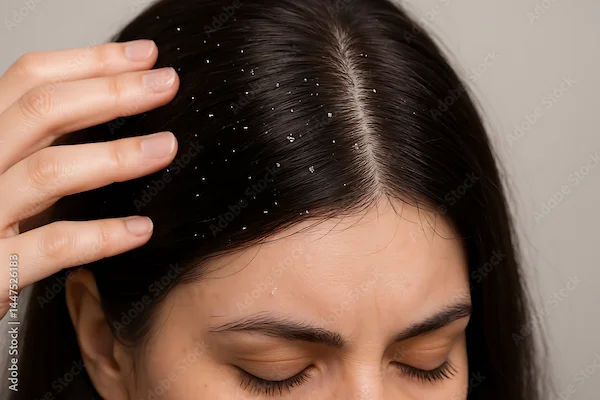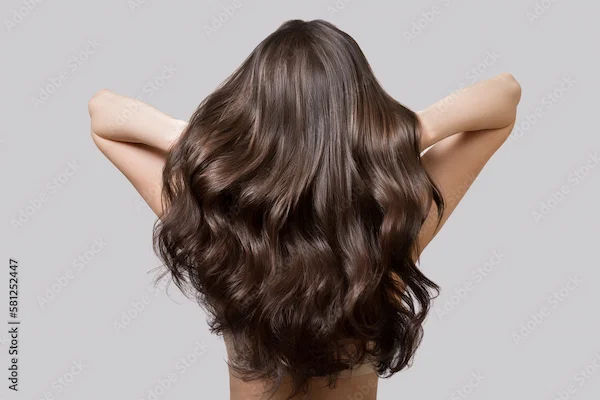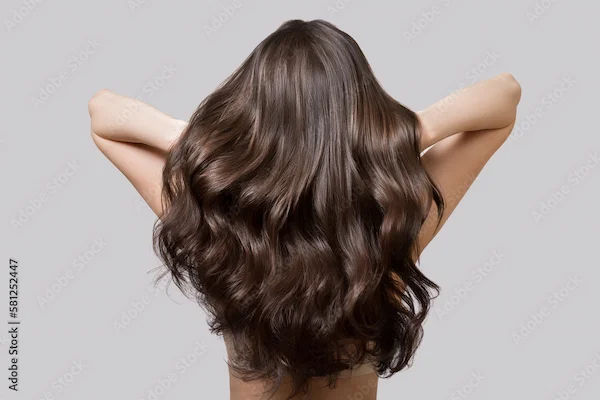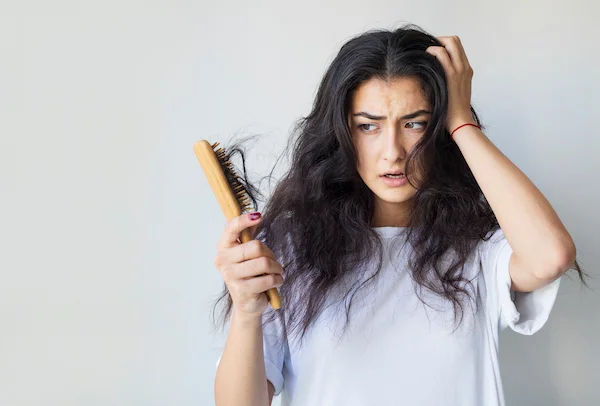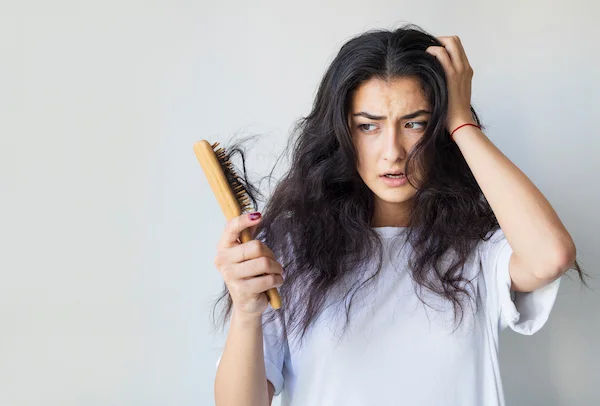Hair Loss: Understanding Causes and Prevention
Concerned about hair loss? Understand the common causes—from genetics to lifestyle factors—and discover effective strategies and tips for prevention and management.

Written by Dr. Vasanthasree Nair
Reviewed by Dr. Vasanthasree Nair MBBS
Last updated on 13th Aug, 2025

Introduction
Hair loss is a common concern that affects millions of people worldwide. Whether you notice thinning hair, receding hairlines, or excessive shedding, it can be distressing and impact self confidence. The good news is that understanding the causes and taking preventive steps can help manage hair loss effectively.
What Causes Hair Loss?
Hair loss can happen due to various reasons, including:
1. Genetics (Androgenetic Alopecia)
Also known as male or female pattern baldness, this is the most common cause.
In men, it leads to a receding hairline and bald spots.
In women, it causes overall thinning, especially at the crown.
2. Hormonal Changes
Pregnancy, childbirth, menopause, or thyroid disorders can trigger hair loss.
Conditions like polycystic ovary syndrome (PCOS) may also contribute.
3. Stress and Trauma
Physical or emotional stress (e.g., surgery, illness, or emotional distress) can lead to temporary hair shedding (telogen effluvium).
4. Nutritional Deficiencies
Lack of iron, vitamin D, zinc, or protein weakens hair follicles.
Crash diets or eating disorders can worsen hair health.
5. Medical Conditions & Treatments
Autoimmune diseases like alopecia areata cause patchy hair loss.
Chemotherapy and certain medications may lead to hair thinning.
6. Poor Hair Care Habits
Excessive use of heat styling tools, tight hairstyles (ponytails, braids), and harsh chemical treatments damage hair.
How Does Hair Loss Affect Health?
While hair loss itself isn’t life threatening, it can impact emotional wellbeing. Many people experience:
Lower self esteem and confidence.
Anxiety or depression due to changes in appearance.
Social withdrawal in severe cases.
Health topic carousel:
Doctor's speciality: Dermatology
Text: Consult a Dermatologist for the best advice
Tips to Prevent and Manage Hair Loss
Tips to prevent and manage hair loss:
1. Eat a Balanced Diet
Include protein rich foods (eggs, lentils, fish).
Consume iron (spinach, nuts), vitamin D (sunlight, fortified foods), and omega-3s (flaxseeds, walnuts).
2. Manage Stress
Practice yoga, meditation, or deep breathing exercises.
Get adequate sleep (7-8 hours daily).
3. Avoid Harsh Hair Treatments
Limit heat styling, chemical dyes, and tight hairstyles.
Use mild shampoos and conditioners.
4. Try Natural Remedies
Massage the scalp with coconut or almond oil to improve blood circulation.
Apply aloe vera or onion juice (some studies suggest benefits).
5. Consult a Doctor if Needed
If hair loss is sudden, severe, or accompanied by itching/scalp issues, see a dermatologist.
Treatments like minoxidil, finasteride, or PRP therapy may help.
When to Seek Medical Help?
Book a consultation if you notice:
Sudden or excessive hair fall.
Bald patches or scalp irritation.
Hair loss after starting a new medication.
At Apollo 24|7, you can consult expert dermatologists and get personalized treatment plans. You can also book a hair health check up to identify underlying causes.
Final Thoughts
Hair loss is treatable in many cases, and early action can make a big difference. By maintaining a healthy lifestyle, reducing stress, and seeking medical advice when needed, you can protect your hair and boost your confidence.
Remember, you’re not alone—millions face this issue, and help is available!
Need expert advice? Schedule a consultation today on Apollo 24|7 and take the first step towards healthier hair.
Health topic carousel:
Doctor's speciality: Dermatology
Text: Consult a Dermatologist
